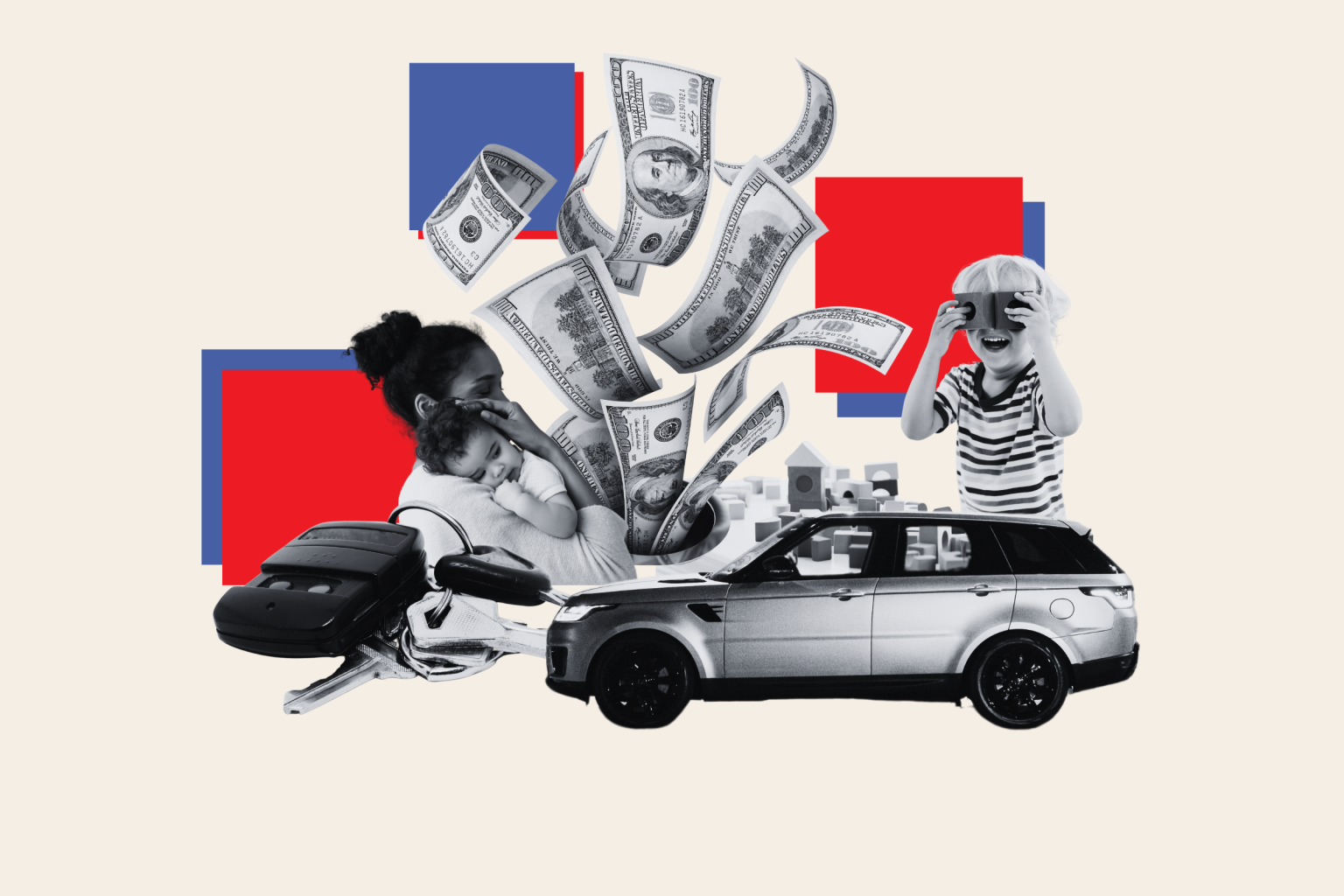Newsweek’s exclusive survey, conducted by Talker Research in January 2025, reveals a compelling shift in spending priorities among millennials in the United States. The survey, which polled 1,000 employed American adults, unearthed the surprising fact that millennials are dedicating a larger portion of their monthly income to car payments than to childcare expenses. This trend, seemingly counterintuitive for a generation entering prime parenthood years, speaks volumes about the economic pressures and lifestyle choices shaping their financial decisions. The survey’s findings indicate that millennials allocate an average of 11.7% of their monthly earnings towards car payments, while only 7.3% goes toward childcare. This disparity is further underscored by the fact that a significant majority (56%) of millennials report no childcare expenses whatsoever, compared to only 38% who report no car payments.
This financial prioritization extends beyond the millennial cohort, although with varying degrees. Generation X, the generation preceding millennials, allocates 8.1% of their income to car payments and a considerably lower 3.5% to childcare. The trend continues with baby boomers, who dedicate a mere 0.9% of their income to childcare and 5.1% to cars. Even the youngest generation of parents, Gen Z, exhibit a similar pattern, allocating 12.5% to car payments and 7% to childcare. This multi-generational trend suggests a broader societal shift in how individuals prioritize their financial resources, particularly when it comes to the substantial costs associated with raising children.
The survey’s findings point to several contributing factors driving this phenomenon. The exorbitant cost of childcare in the United States is a primary concern. With childcare costs often consuming a significant portion of a family’s income, the decision to delay or forgo parenthood altogether becomes a pragmatic choice for many millennials. Natalia Morales, a licensed marriage and family therapist, highlights the economic pressures shaping these decisions, noting that the high cost of childcare forces many to make practical choices about family planning.
Beyond the financial burden, the pursuit of work-life balance also plays a crucial role in this shifting dynamic. In a culture dominated by demanding work schedules, the prospect of parenthood can feel overwhelming. Car ownership, in contrast, represents a manageable step towards independence and personal freedom. Morales emphasizes this perspective, stating that car ownership offers a sense of autonomy while parenthood often entails a significant reduction in personal freedom. This dichotomy, coupled with the financial strain of childcare, makes car ownership a more appealing investment for many, particularly millennials navigating demanding careers and seeking a sense of personal agency.
The rising costs of both cars and childcare further exacerbate this financial conundrum. As older generations, like Gen X and baby boomers, move past the peak childcare years, their spending naturally shifts towards savings and other priorities. This generational transition leaves millennials grappling with the high costs of both car ownership and childcare, a financial balancing act that often leads to prioritizing more manageable expenses like car payments.
In conclusion, the Newsweek survey reveals a significant trend among millennials, where car payments take precedence over childcare expenses. This prioritization reflects the economic realities of a generation facing high childcare costs and demanding work schedules. The pursuit of work-life balance and the perceived freedom associated with car ownership also contributes to this trend. As childcare costs continue to rise, this generational shift in spending priorities is likely to persist, with millennials prioritizing manageable investments that offer a sense of personal autonomy and freedom. The survey, conducted with a representative sample of the American population, underscores the challenges faced by young adults in balancing the demands of modern life with the significant financial burdens of raising children in the current economic climate. Until childcare becomes more affordable and accessible, this trend of prioritizing car ownership over parenthood is likely to continue, reflecting the economic and lifestyle pressures shaping the financial decisions of millennials and younger generations.

